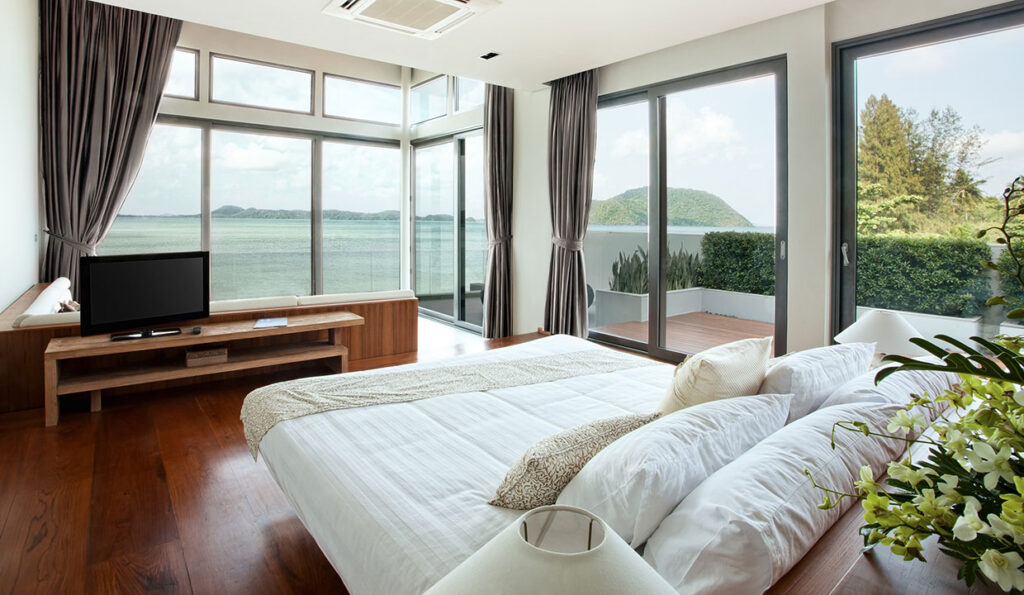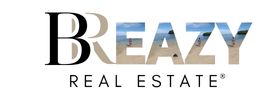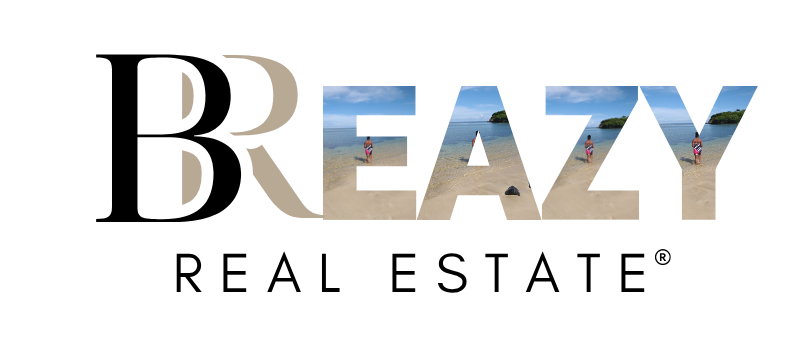
Do I need to stage my property for sale?
The first impression is a lasting one. This saying is true in life, and also applies to real estate. If you want your property to stand out amongst the other beautiful homes on the market, you will need to consider staging it.
What does staging entail?
Staging can be as simple and low-cost as decluttering your property (that is, removing any items that make the place appear too personal or too small). You can also re-paint the walls and clean up the garden area, plant a few new flowers and leafy plants to enhance curb appeal. On the more expensive end, you can hire a stager to give you tips on how best to arrange your space to get maximum appeal. They will also have furnishings that will make your property look like it belongs in a magazine! Whatever you spend, you WILL get back that and most likely more, when you sell.
Our partner for staging is Eazy Maids.
What charges do I have to pay when purchasing a property in Grenada?
Grenada presents excellent investment opportunities to residents and non-residents alike. Apart from its natural features such as world-renowned white sand beaches, bountiful ocean and mountain views, vast array of high-quality award-winning spices, lush greenery and beautiful flora and fauna, the island also boasts perhaps the friendliest population in the Caribbean. Its tourism industry is also a strong pillar of its economy.
Standard Fees / Charges:
Legal Fees: Approximately 1-2% of purchase price + 15% VAT on fees
Stamp Duty: 1% of purchase price
Surveyor’s Fee: 0.5% of agreed sales price (if applicable)
Out-of-Pocket Expenses: Approximately US $800.00
If you are a non-national, you will be required to apply for and obtain an Alien Landholding Licence. The process to obtain is typically up to 6 months.
If you are opting to purchase under the Citizenship by Investment (CBI) programme, the Alien Landholding License is waived, however it must be noted that the related CBI investment will be at least US $270,000.
What charges do I have to pay when selling my property?
It is important to note the fees associated with the sale of your property, as this directly affects the price at which you decide to market your property.
The following fees apply:
Property Transfer Tax: 5% of the purchase price for nationals and members of the OECS, and 15% of the purchase price for non-nationals.
Legal Fees: approximately 1% of the purchase price + 15% VAT.
Real estate commission: normally 5% of the purchase price + 15% VAT
Out-of-pocket expenses: approximately US$ 250.00
Government of Grenada allows an exemption on the first EC$ 20,000 of property value. Value Added Tax – VAT: 15% on Agents Commission and Legal Fees.
Why should I use a real estate agent?
A real estate salesperson is more than just a “sales person.” They act on your behalf as your agent, providing you with advice and guidance and doing a job – helping you buy or sell a home. While it is true they get paid for what they do, so do other professions that provide advice, guidance, and have a service to sell –such as Certified Public Accountants and Attorneys.
The Internet has opened up a world of information that wasn’t previously available to homebuyers and seller. The data on listings available for sale is almost current – but not quite. There are times when you need the most current information about what has sold or is for sale, and the only way to get that is with an agent.
However, the role of an agent has changed in the last couple of years. In the past, agents were the only way home buyers and sellers could access information. Now agents are evolving. Because today’s home buyers and sellers are so much better informed than in the past, expertise and ability are becoming more important.
The real estate agent is becoming more of a “guide” than a “salesperson” — your personal representative in buying or selling a home.
I have to make a choice between an updated home in an older neighborhood or a newer home in a more modern neighborhood. The home in the older neighborhood has almost everything I want and is much larger, but which makes the most sense as an investment?
If your goal is to buy a home for it’s resale value and the one you are thinking of buying in the older neighborhood is at the upper end of values for that neighborhood, then it may not be the wisest choice. If it is similar or lower in price to the others, then there should be no problem, because pricing should be considered in relation to the local neighborhood and not compared to homes in other neighborhoods (for the most part)
Plus, is it a neighborhood on the decline, or are others going to be fixing things up, too, so that it is a neighborhood that is improving? It could turn out to be a very good deal as long as you don’t “overpay” because of the recent improvements.
Remember that you also buy a home for it’s value to you as a “home,” and that is something else you should consider. Which neighborhood would you AND your family feel most comfortable in?
When buying a new home, what upgrades should we go for? What holds the most value? Do we upgrade the lot? Pick more square footage in the house? Add an extra bedroom?, etc.
A lot depends on why you are buying the house. Are you buying it mostly as a home or mostly as an investment? There is a difference.
For the most part, upgrades are high-profit items for builders. They aren’t designed to enhance the value of the house, but make you happier with the house you do buy.
If you are looking at your home as an investment, then you buy from the smaller to medium size in the tract and spend only a minimal amount on upgrades. If you are looking at your purchase as a home, then you select upgrades that will enhance your quality of living.
One rule of thumb is to always upgrade the carpet and padding. Rooms that give the most bang for your buck when upgraded are bathrooms and kitchens. If you can create more space, that’s also a great move. Buyers value space these days. It adds to a sense of organization and calm.

